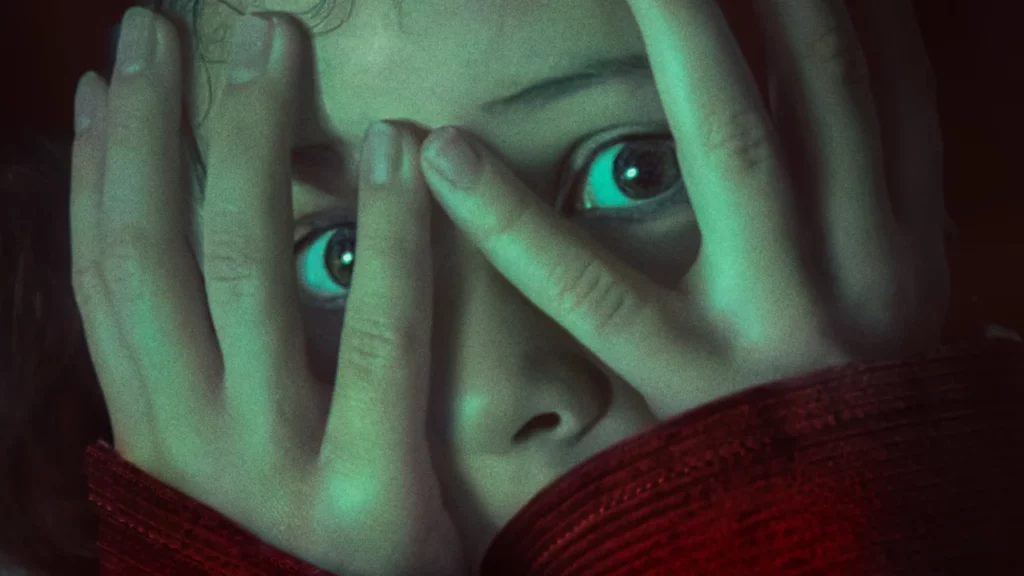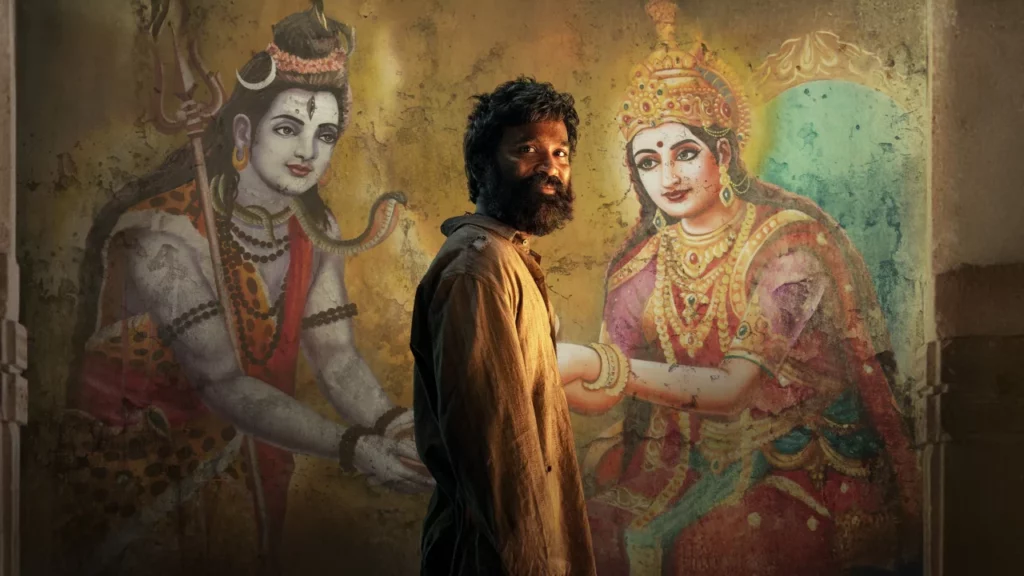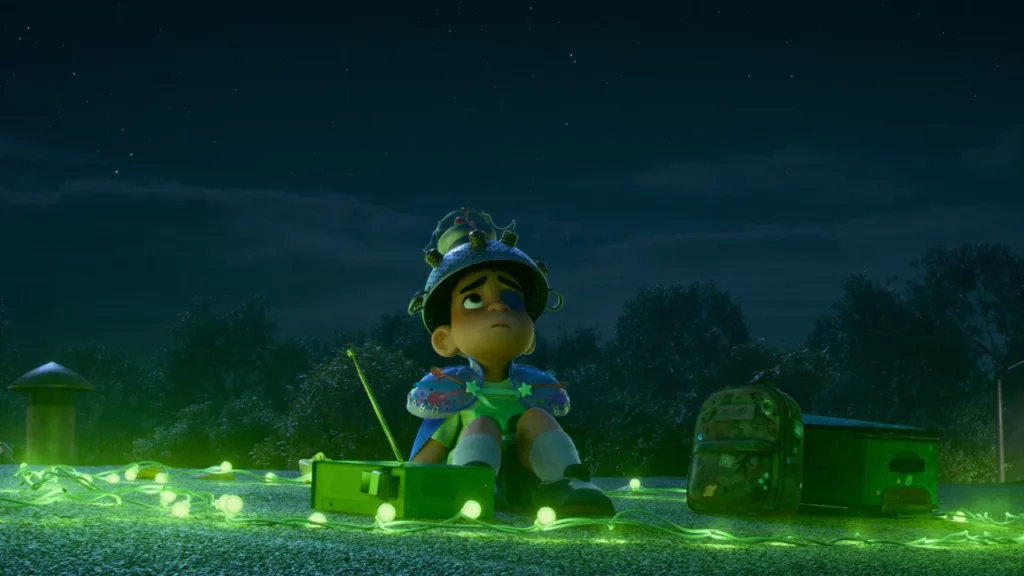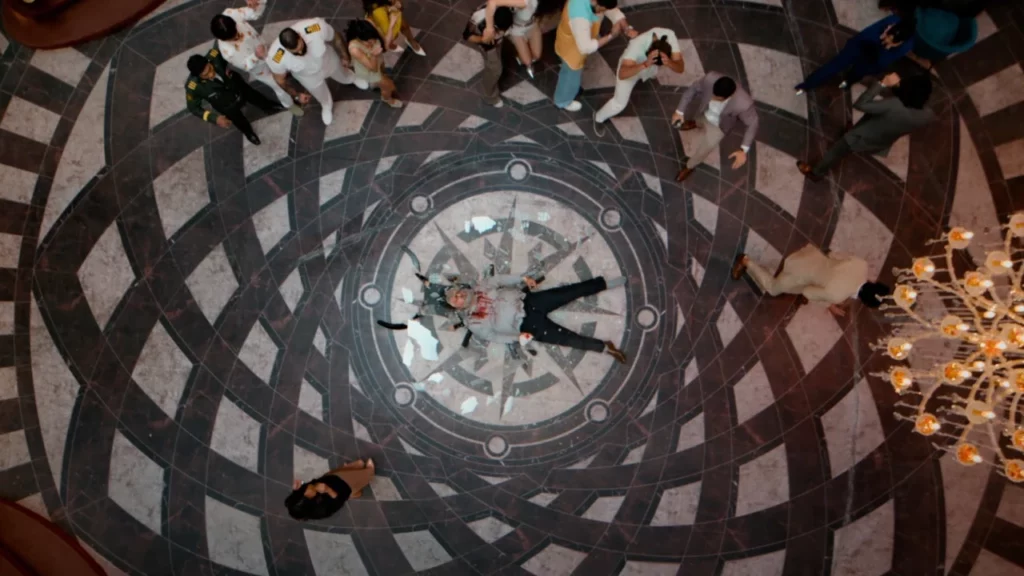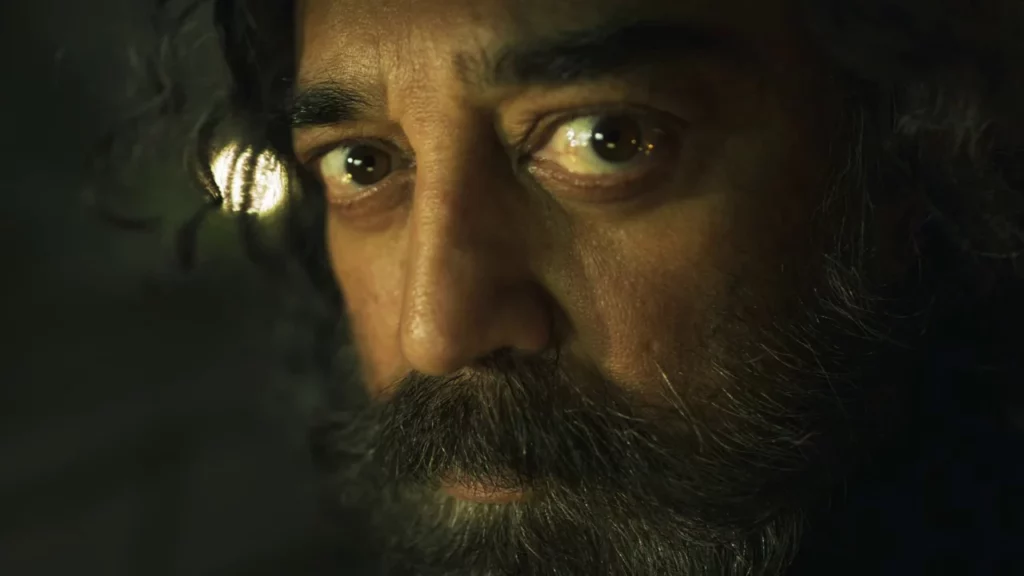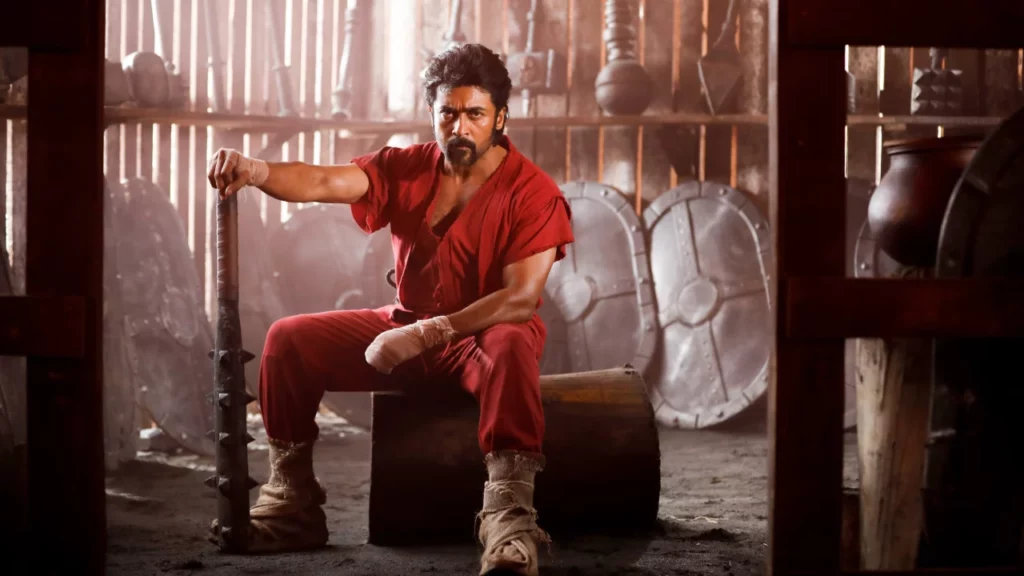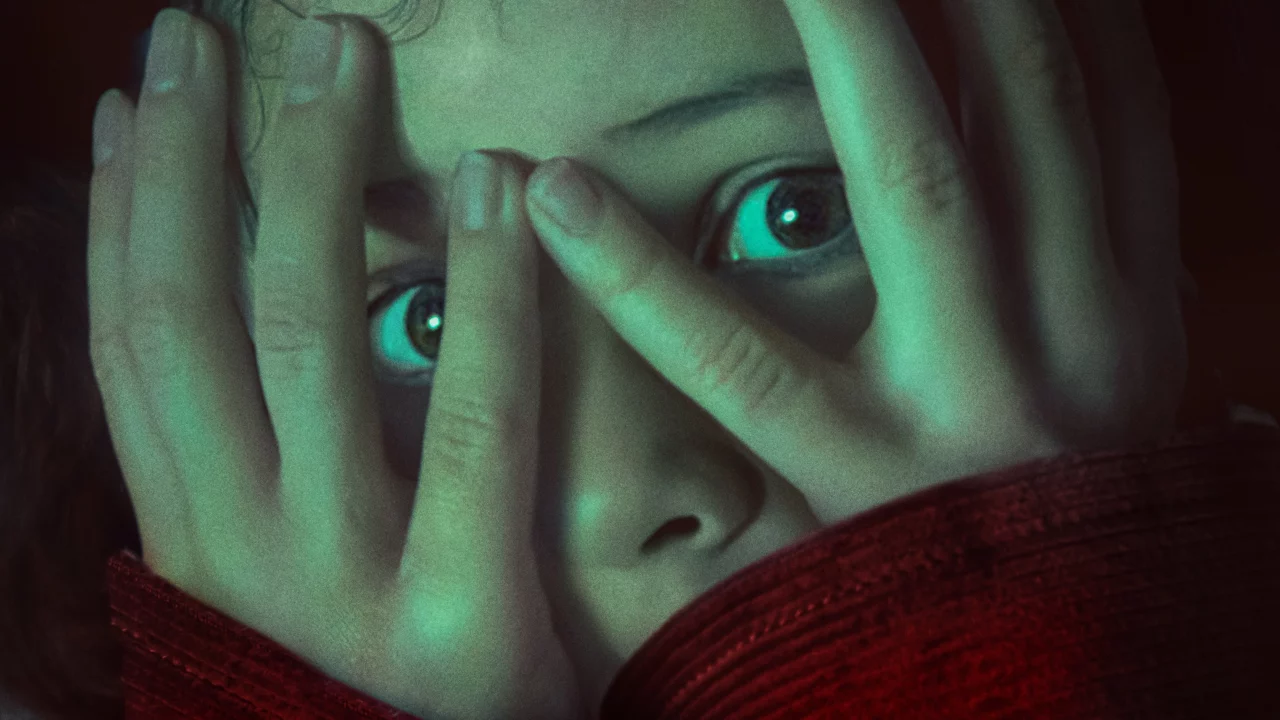
Wolf Man (2025) Movie HDHub4u.tv
Wolf Man released on January 17, 2025, is a modern reimagining of the classic Universal monster tale. Directed by Leigh Whannell, known for his work on The Invisible Man, the film stars Christopher Abbott as Blake Lovell and Julia Garner as his wife, Charlotte.
| Film Title: | Wolf Man |
| Directed By: | Leigh Whannell |
| Genre: | Horror, Thriller |
| Launch Date: | 15 Jan 2025 |
| Duration: | 1h 43m |
| Main Cast: | Christopher Abbott, Matilda Firth, Julia Garner |
| Leading Star: | Christopher Abbott |
| Film Studio: | Universal Pictures, Cloak & Company |
| Our Score: | 6.427/10 |

The narrative follows Blake, who relocates his family to his childhood home in rural Oregon after inheriting the property. Seeking a fresh start, the Lovell family soon encounters a series of unsettling events. An attack by an unseen creature sets off a chain of horrifying transformations, pushing the family to confront their deepest fears.
Wolf Man Cast
| Actor | Character |
|---|---|
| Leigh Whannell | Dan (voice) |
| Rob MacBride | SFPD (uncredited) |
| Sam Jaeger | Grady |
| Milo Cawthorne | Man |
| Julia Garner | Charlotte |
| Zac Chandler | Young Blake |
| Ben Prendergast | Grady Wolf |
| Christopher Abbott | Blake |
| Matilda Firth | Ginger |
| Benedict Hardie | Derek |
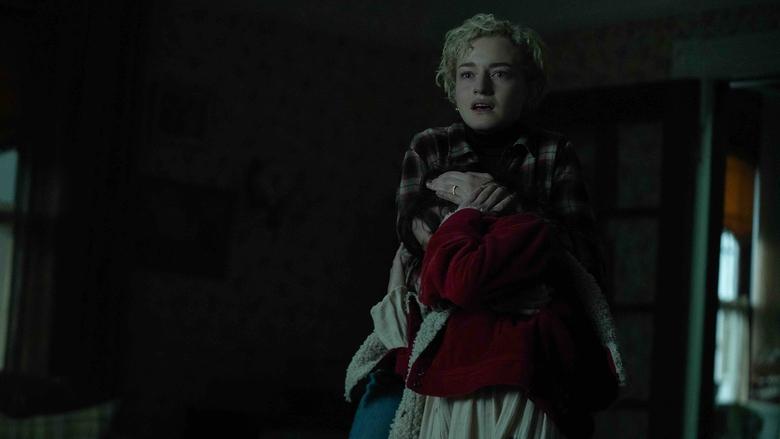
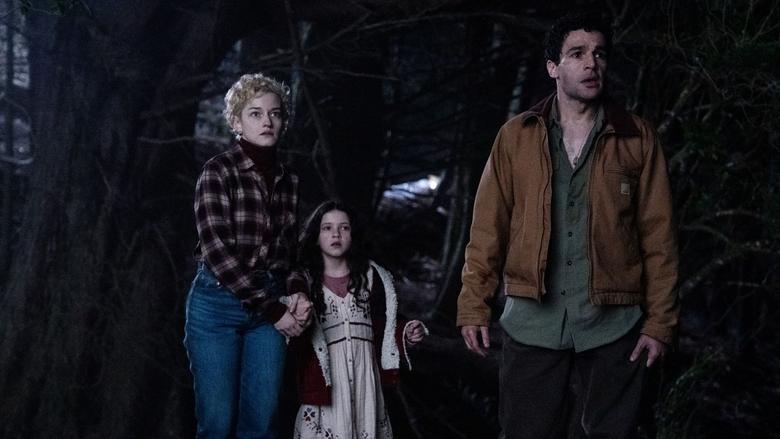
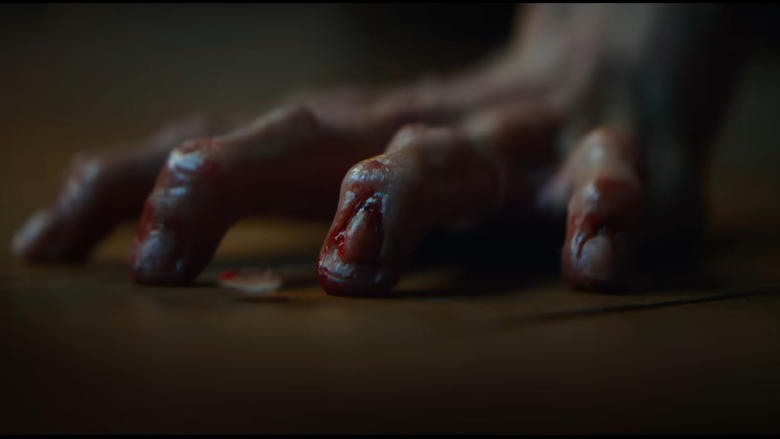

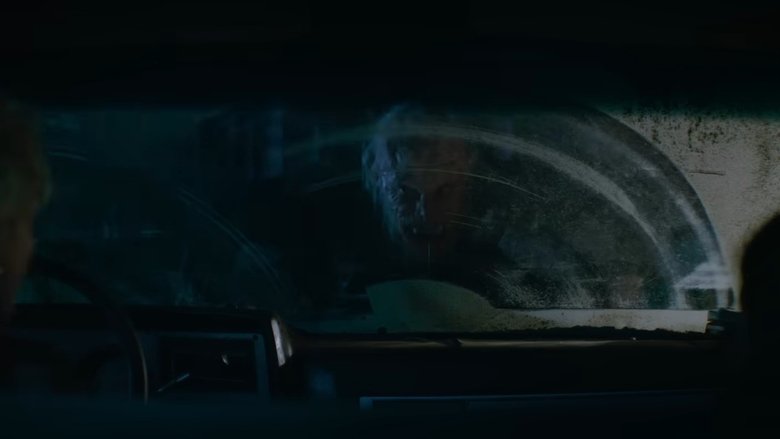
Cast Performance
Christopher Abbott delivers a compelling portrayal of Blake, capturing the character’s descent into primal terror with nuance. Julia Garner’s performance as Charlotte adds depth to the narrative, depicting a woman grappling with the unraveling reality around her. Their on-screen chemistry anchors the film, making the unfolding horror all the more impactful. Matilda Firth, playing their daughter Ginger, brings an authentic innocence that heightens the stakes of the family’s ordeal.
Direction and Cinematic Approach
Leigh Whannell’s direction infuses Wolf Man with a modern sensibility while honoring its classic horror roots. His use of atmospheric tension and body horror elements draws parallels to David Cronenberg’s style, offering a visceral viewing experience. The secluded Oregon setting enhances the film’s claustrophobic feel, effectively isolating the characters and amplifying the suspense.
Critical Reception
The film has garnered mixed reviews from critics. On Rotten Tomatoes, it holds a 50% approval rating with an average rating of 5.6/10. The consensus notes that while Whannell’s psychological approach is fresh, it comes at the expense of adequate scares, though body horror fans may find some elements to appreciate. Metacritic assigns a score of 50 out of 100, indicating mixed or average reviews.
Public Reception
Audience reactions mirror the critical divide. CinemaScore reports an average grade of “C–”, suggesting lukewarm responses. PostTrak surveys indicate a 54% overall positive score, with only 34% of viewers stating they would definitely recommend the film. Some viewers appreciated the psychological depth and performances, while others felt it lacked the necessary scares and coherence expected from a horror reboot.
Themes and Narrative Elements
Wolf Man explores themes of inheritance, transformation, and the primal fears lurking within familial relationships. The film delves into the psychological terror of becoming something monstrous, both literally and metaphorically. Blake’s struggle with his transformation serves as an allegory for confronting one’s inner demons and the fear of passing them onto loved ones.
Special Effects and Creature Design
The creature design has been a point of contention among viewers and critics. Some praised the practical effects and the visceral portrayal of transformation, aligning with classic body horror aesthetics. Others felt the creature lacked a convincing presence, detracting from the film’s overall impact. This disparity highlights the subjective nature of horror aesthetics and audience expectations.
Comparisons to Previous Adaptations
As a reboot of the 1941 classic, Wolf Man distinguishes itself by focusing on psychological horror and character-driven storytelling. This approach contrasts with earlier adaptations that emphasized gothic horror elements. Whannell’s version seeks to ground the supernatural elements in real human fears and familial dynamics, offering a contemporary take on the timeless tale.
Conclusion
Wolf Man presents a modern exploration of classic horror themes, anchored by strong performances and a psychological narrative. While it has polarized critics and audiences, the film contributes to the ongoing evolution of horror cinema by blending traditional monster lore with contemporary storytelling techniques. Its reception underscores the challenges of reinventing iconic tales to resonate with modern viewers while honoring their origins.

